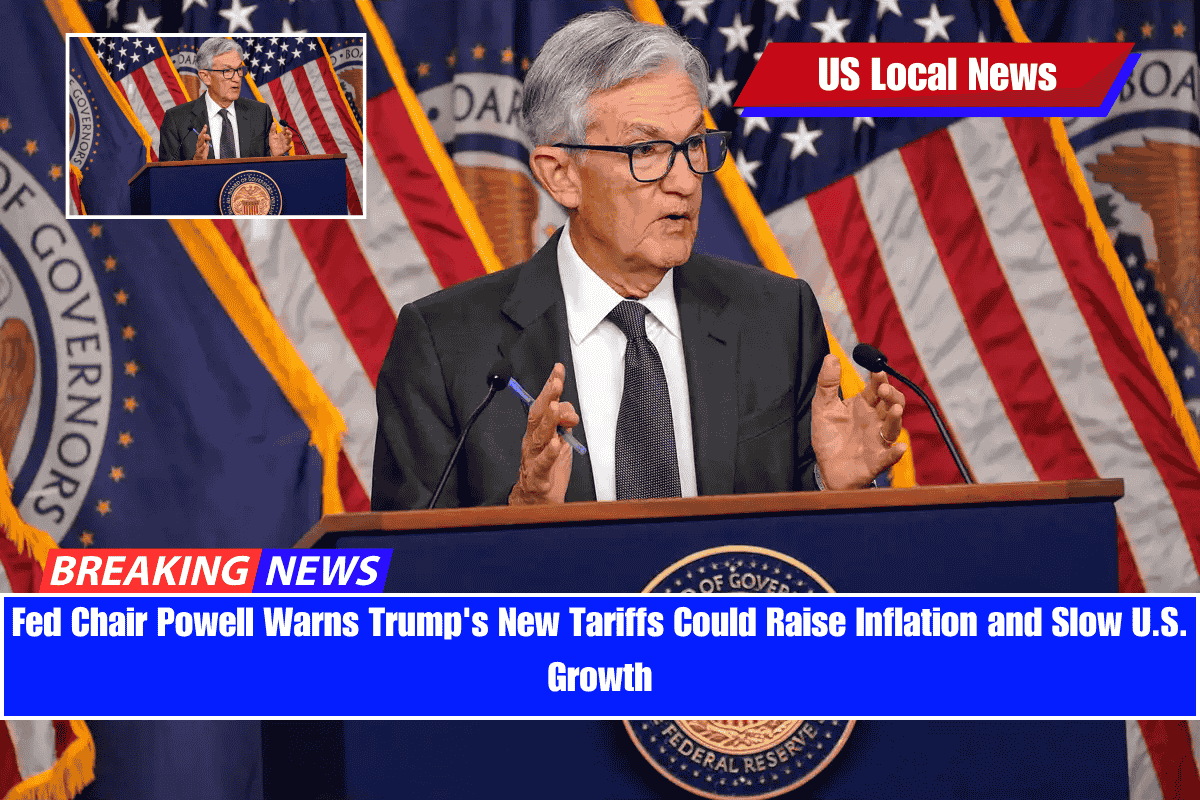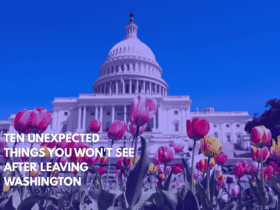Federal Reserve Chair Jerome Powell warned on Friday that President Donald Trump’s newly announced tariffs could lead to higher inflation and slower economic growth in the United States. Speaking at a business journalism conference, Powell said the impact of the tariffs is much larger than expected, and it’s creating serious uncertainty for the U.S. economy.
What Did Powell Say About Inflation?
Powell said that the new tariffs could lead to at least a temporary rise in inflation, and in some cases, the effects could last longer. This means prices for goods and services in the U.S. might go up more than expected.
“Our obligation is to make certain that a one-time increase in the price level does not become an ongoing inflation problem,” Powell explained.
Because of this, the Federal Reserve is likely to keep interest rates steady at around 4.3% in the coming months rather than cutting them, despite calls from Wall Street and the president for lower rates.
What Does This Mean for Interest Rates?
While many investors had hoped for up to five interest rate cuts in 2025, Powell’s remarks suggest that the Fed is being more cautious, especially with inflation likely to rise due to tariffs. Higher interest rates make loans and credit more expensive, but they also help control inflation.
“There’s a lot of waiting and seeing going on, including by us,” Powell added during a Q&A session.
President Trump Wants Rate Cuts
In contrast, President Trump publicly called on Powell to cut interest rates now, posting on Truth Social that:
“This would be a PERFECT time for Fed Chairman Jerome Powell to cut Interest Rates… CUT INTEREST RATES, JEROME, AND STOP PLAYING POLITICS!”
Trump’s administration is facing criticism after announcing sweeping tariffs that have shaken global markets and triggered retaliatory tariffs from China. Stocks in both the U.S. and overseas fell following the news.
How Are Businesses Responding?
Powell said that many businesses are delaying new investments as they wait to see how the tariffs will affect the economy. He admitted the full impact of the tariffs isn’t yet known, but early signs point to slower growth and rising prices — a tough combination for any economy.
“The Fed is in a tough spot,” said Kathy Bostjancic, chief economist at Nationwide. “Inflation is likely to rise, but the economy may slow.”
What About Jobs and Hiring?
The government released a positive jobs report on Friday, showing that 228,000 new jobs were added in March. However, the unemployment rate rose slightly to 4.2%, and these numbers were collected before the full effects of the new tariffs were known.
Powell said that while hiring remains strong for now, both consumers and business leaders are becoming more worried about the future.
Fed’s Balancing Act
The Federal Reserve is legally required to balance two main goals:
- Keep inflation stable (around 2%)
- Support strong employment
But the current situation makes that difficult. If tariffs increase prices while also slowing the economy, the Fed will have to carefully choose whether to fight inflation or help growth.
“The two goals … are in tension — or they may be,” Powell said.











Leave a Reply